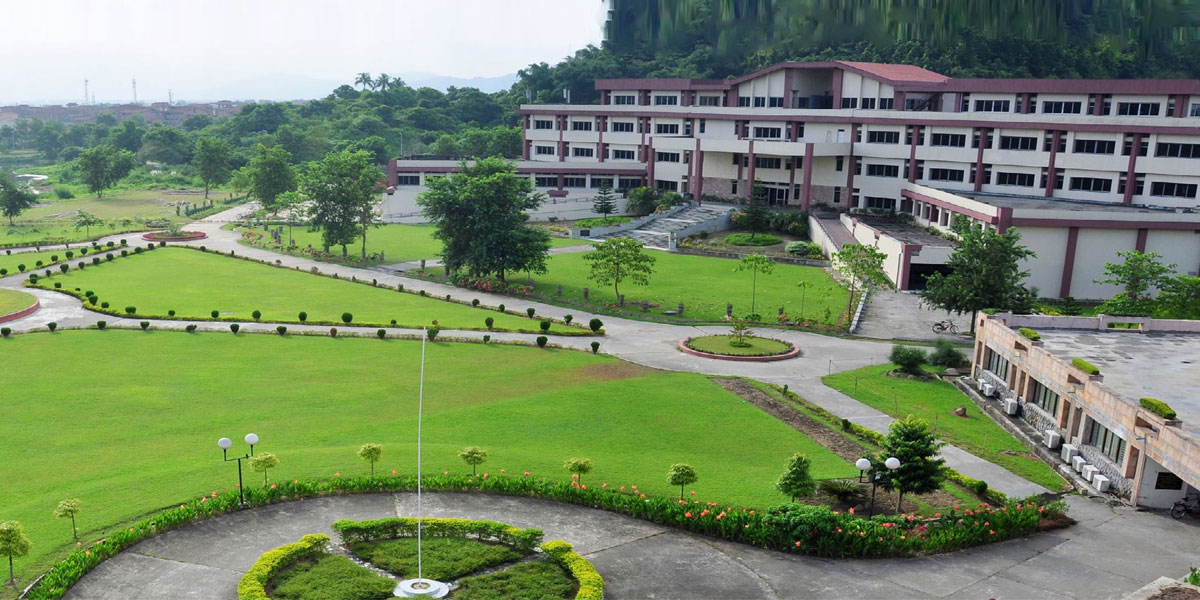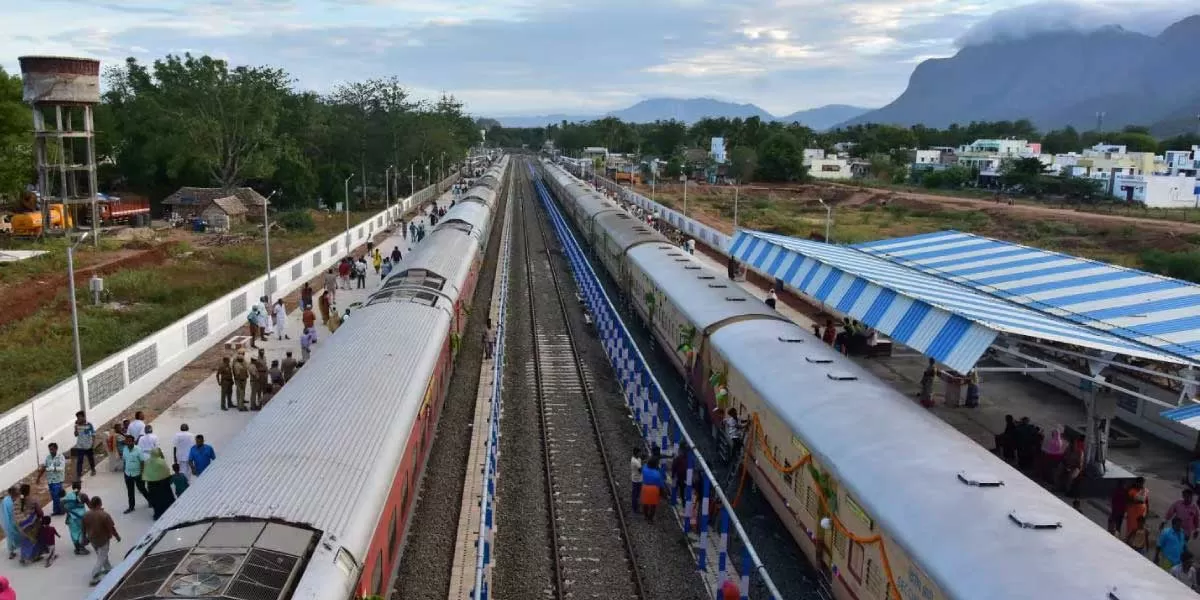
IIT-G team develops tech to optimise solar power distribution

Railway stations in Prayagraj undergo major passenger facility expansion
The Railway Board Chairman and CEO, Satish Kumar, conducted an extensive inspection on Saturday alongside the General Manager of Northern Railway and the officiating General Manager of North Central Railway. Their visit focused on various ongoing projects at multiple stations across the Northern and North Central Railway zones, with particular attention to enhancing facilities for the upcoming Maha Kumbh. During the inspection, Chairman Kumar reviewed the construction of a vital bridge over the River Ganga, specifically between Jhunsi and Prayagraj Rambagh. This bridge is expected to significa..

Madurai-Thoothukudi broad gauge line works under review
The construction of the Madurai-Thoothukudi broad gauge line, which includes the crucial Melmarudur-Tiruparankundram project, is currently under careful review. This update comes from Southern Railway's assistant public information officer, J Kumarasubramanian, following an RTI inquiry made by a concerned citizen, Dayanand Krishnan. The new broad gauge line is projected to cover a total length of 143.5 km, with the initial 18 km stretch between Milavittan and Melmarudur completed and sanctioned by the Commission of Railway Safety on March 8, 2022. While substantial progress has been made on t..

DLF expects Rs 26,000 cr from super luxury project in Gurugram
Realty giant DLF is projecting impressive revenue of Rs 26,000 crore from its newly unveiled super-luxury project, The Dahlias, situated in the heart of Gurugram. Ashok Tyagi, the Managing Director of DLF, shared these insights during a recent conference call with market analysts, highlighting the project's potential amidst rising demand for high-end residential properties. The Dahlias project spans an expansive 17 acres and is set to feature approximately 420 ultra-luxury apartments, each boasting a minimum size of 10,300 square feet. This ambitious development has already garnered significan..













